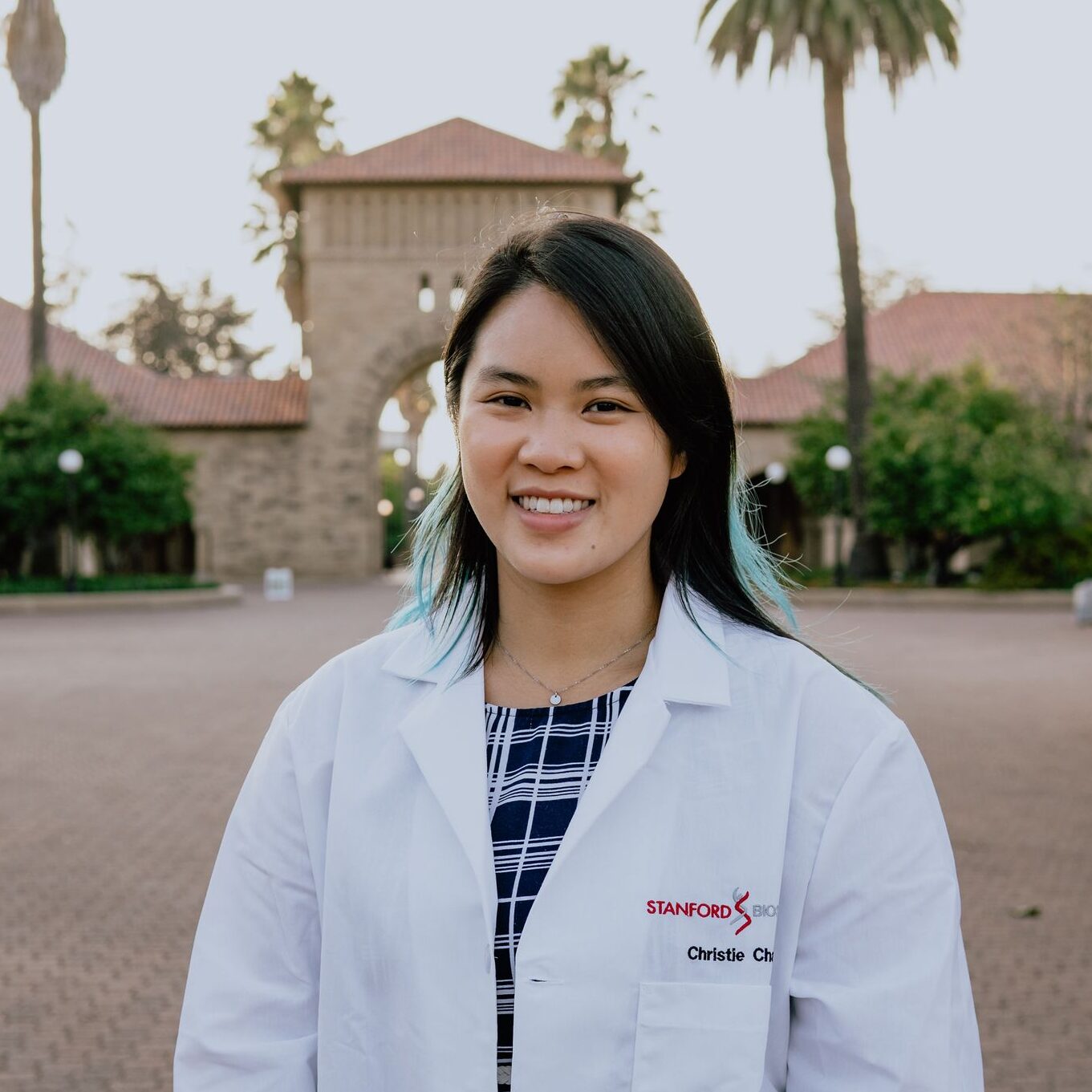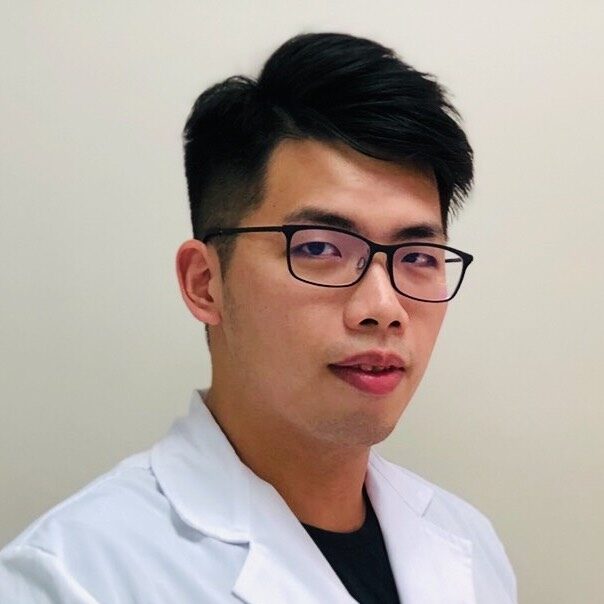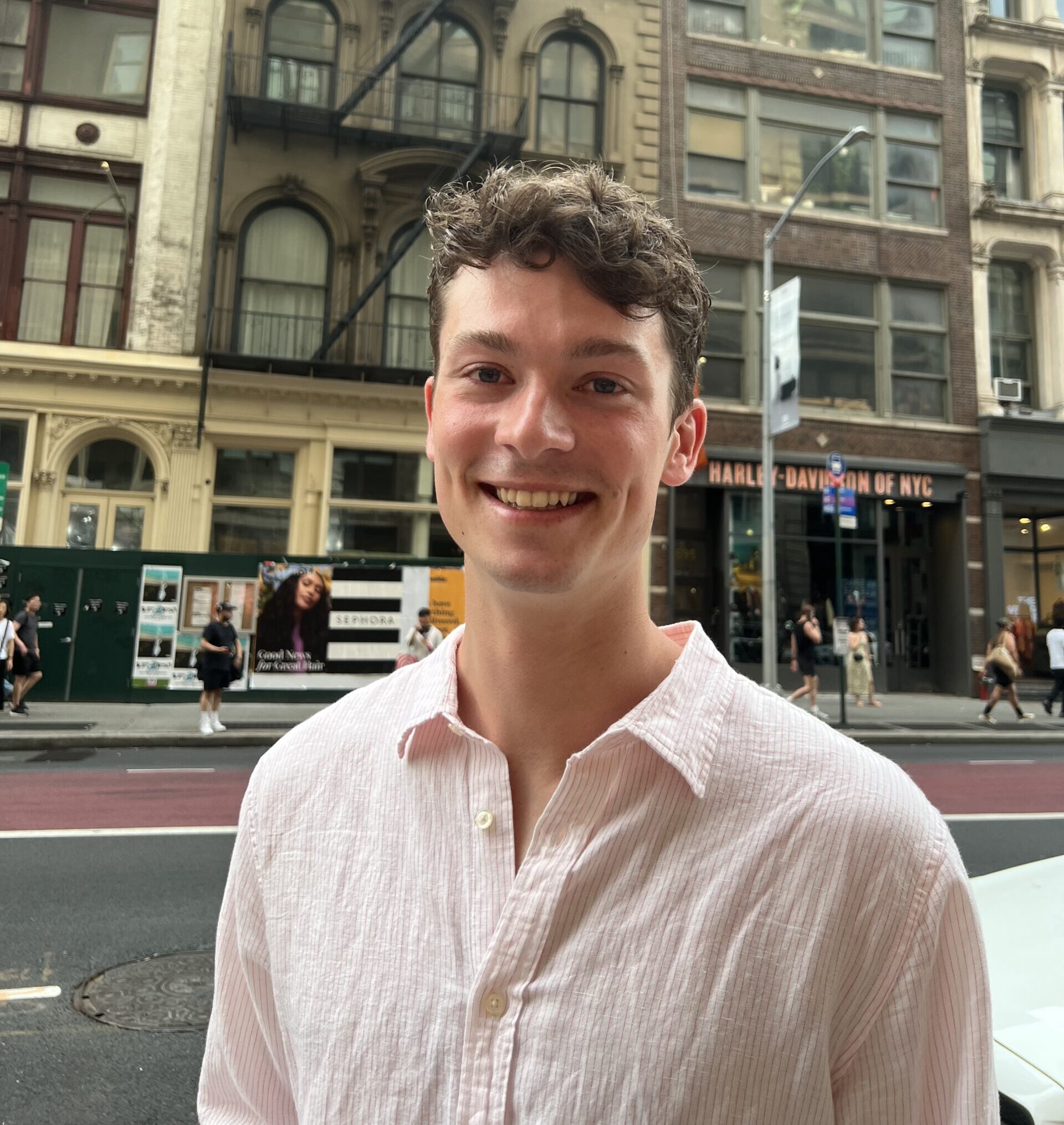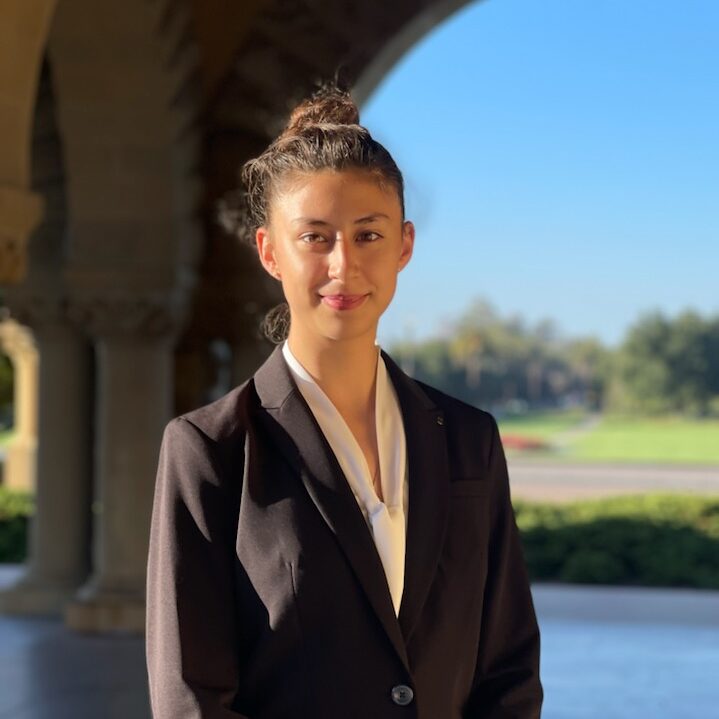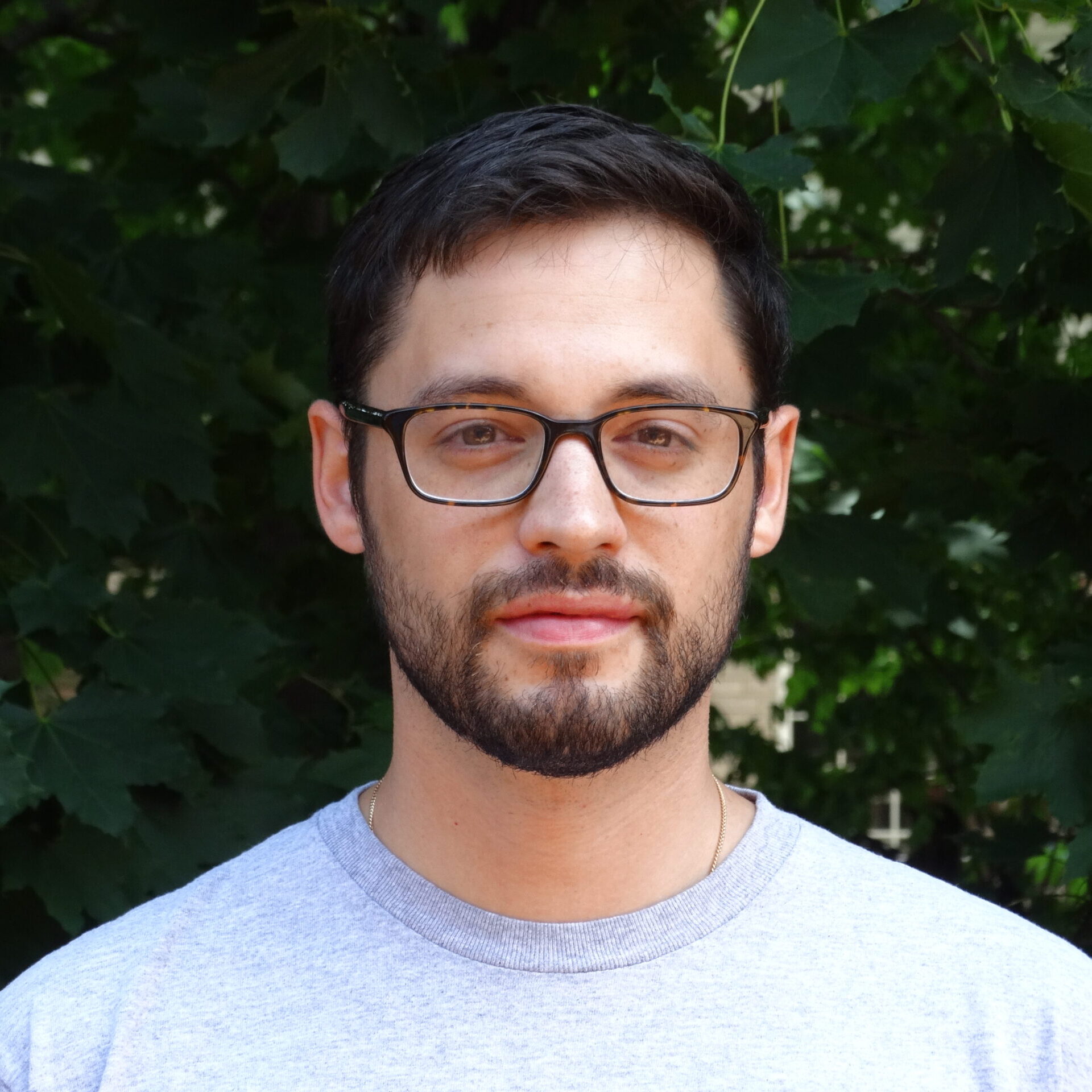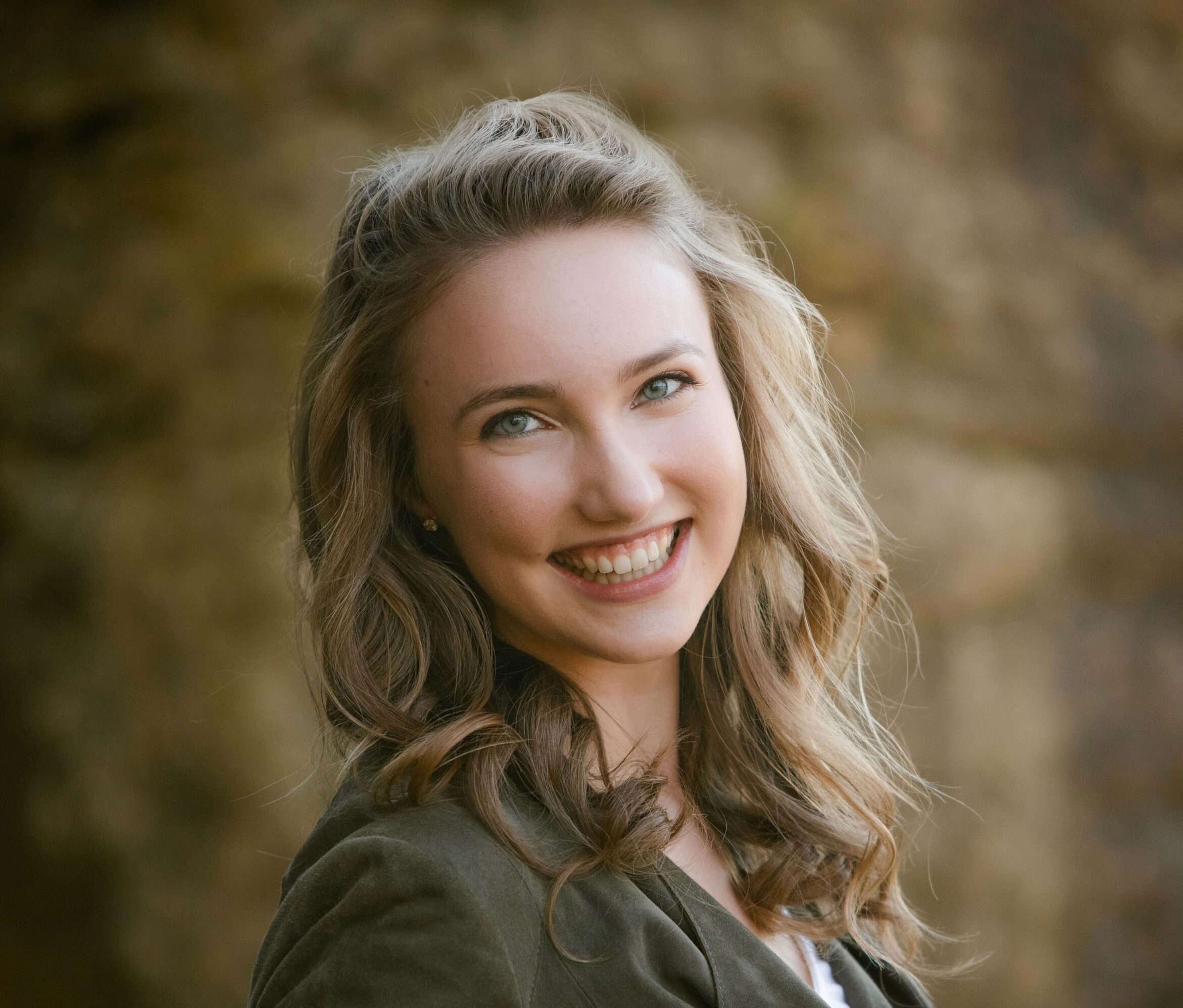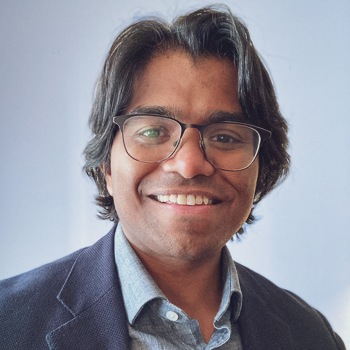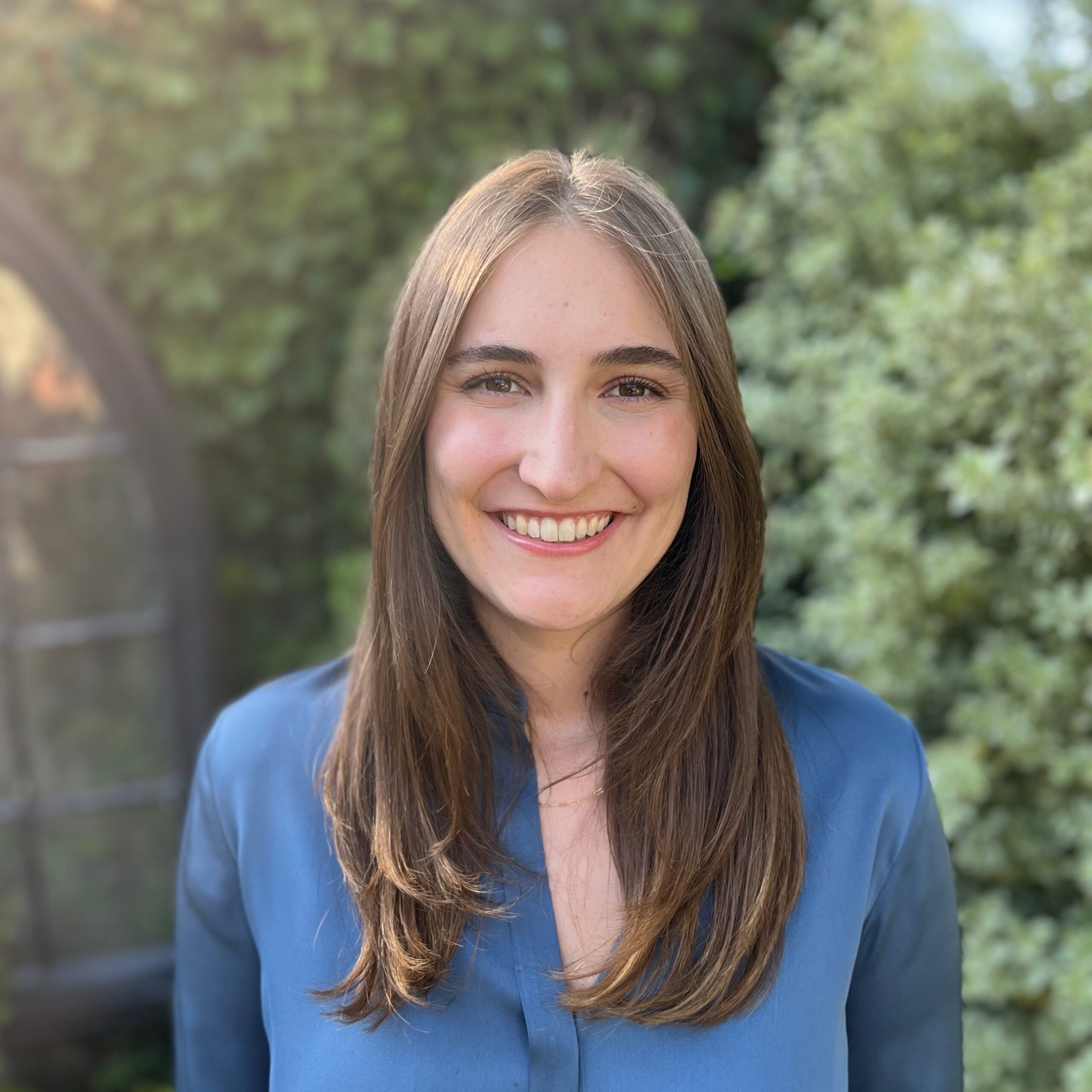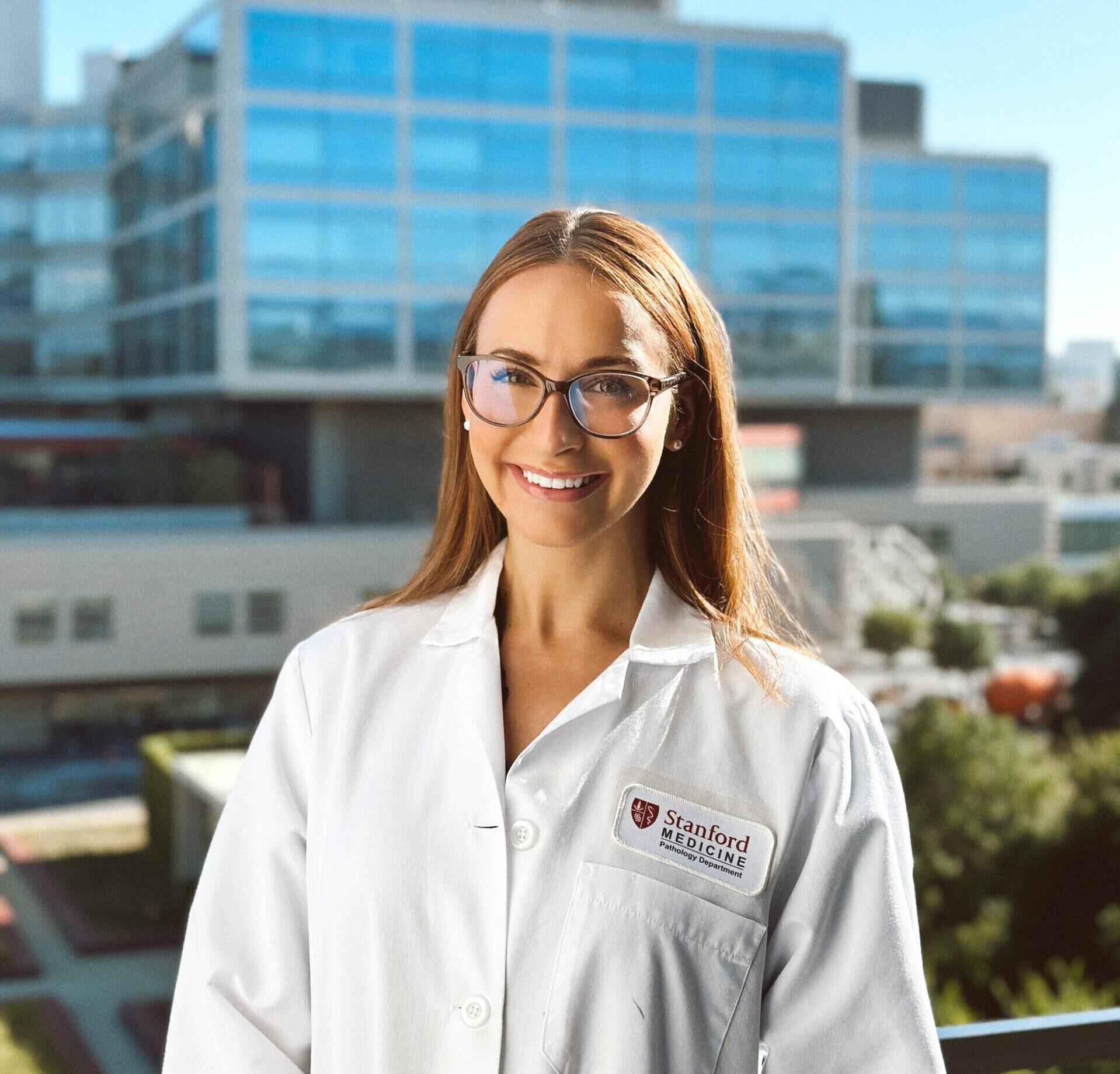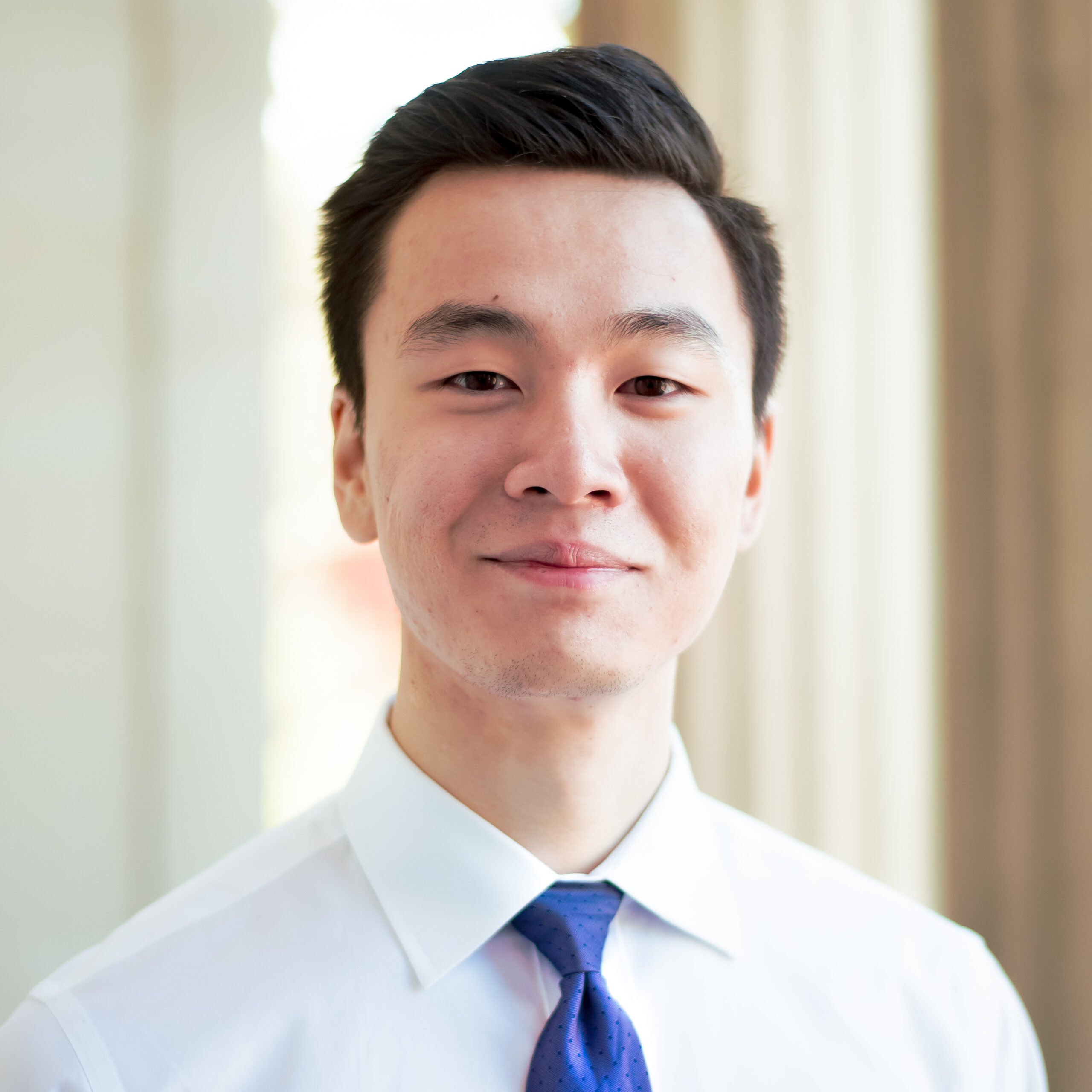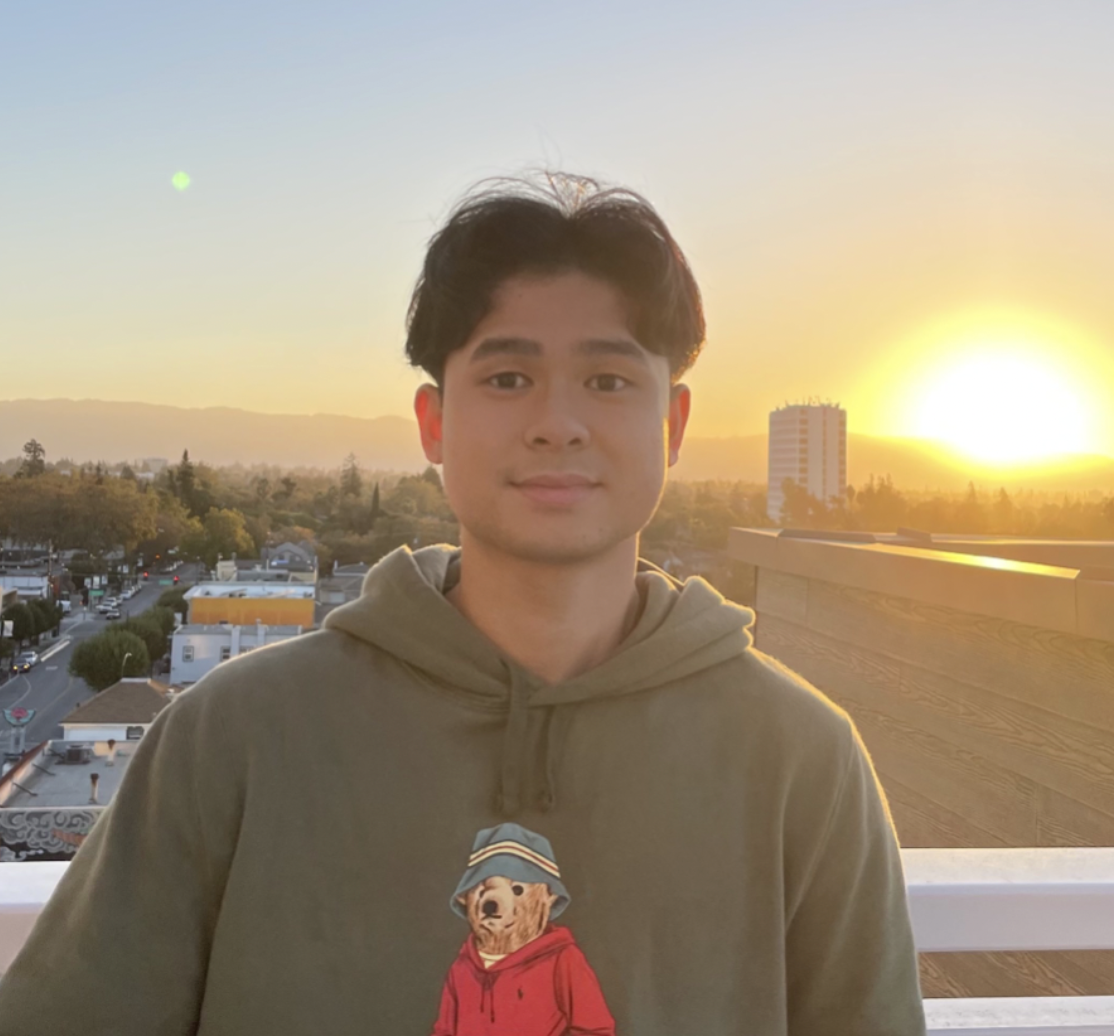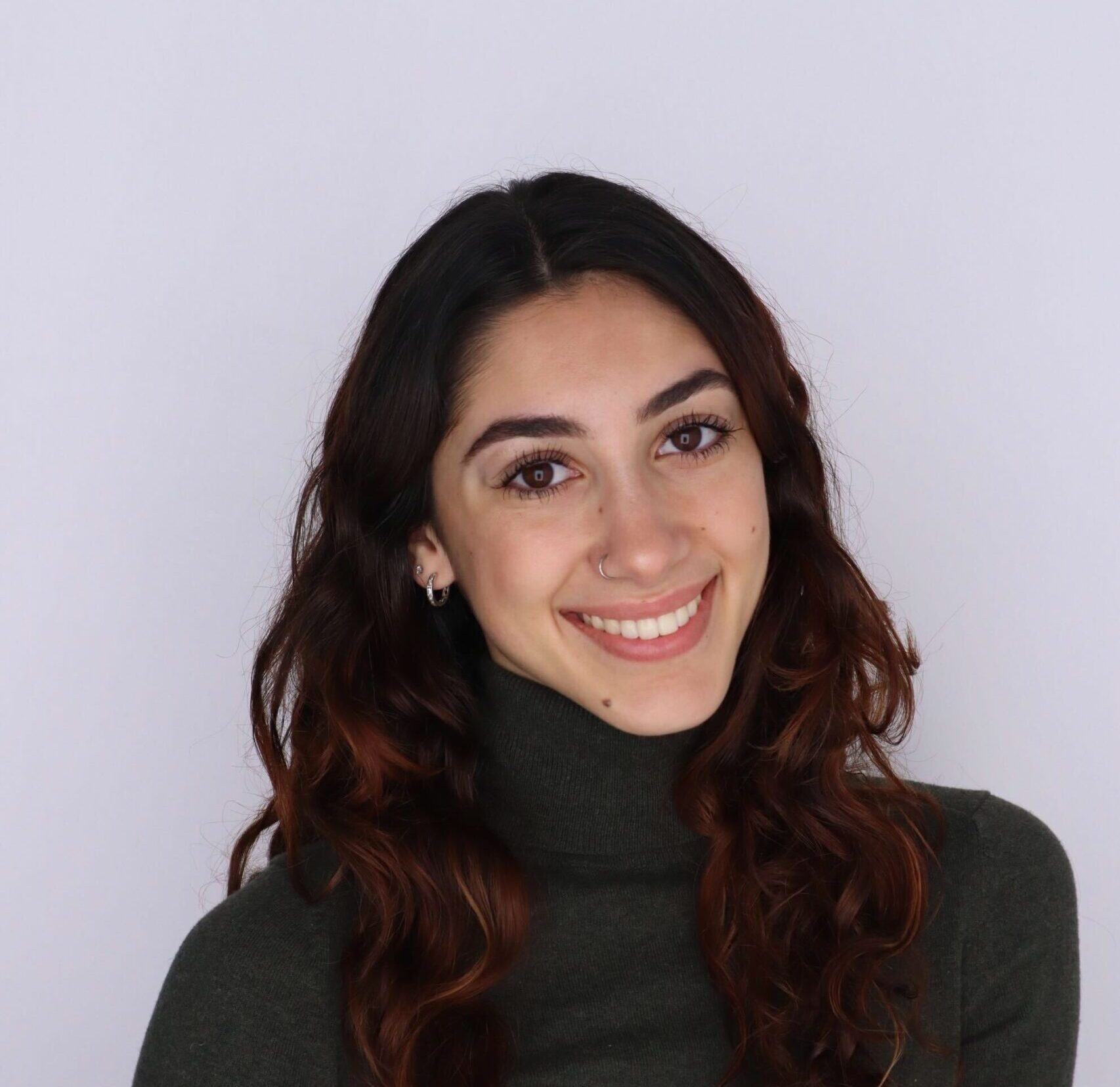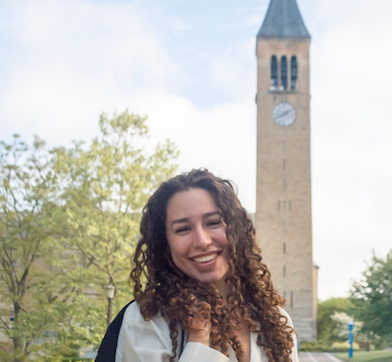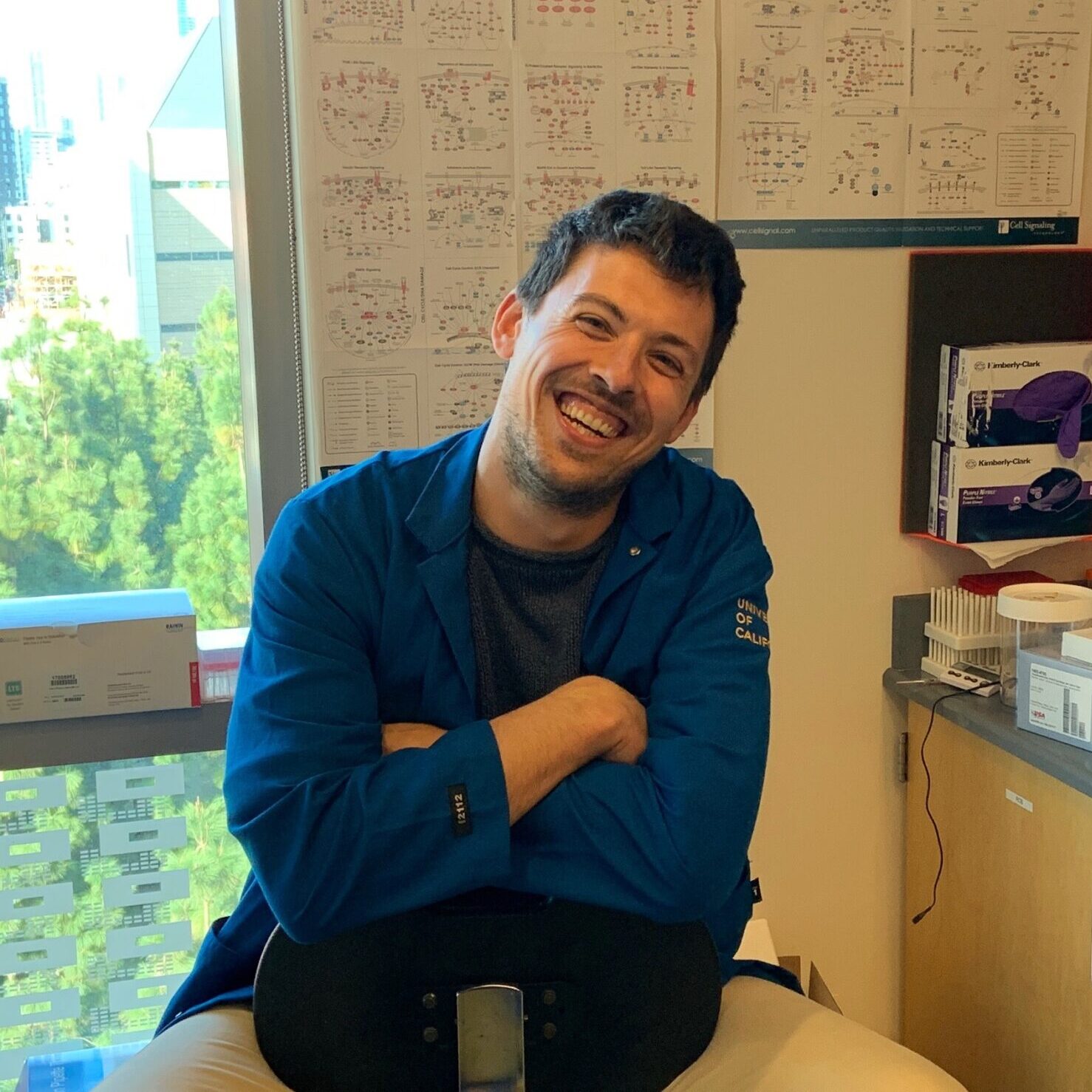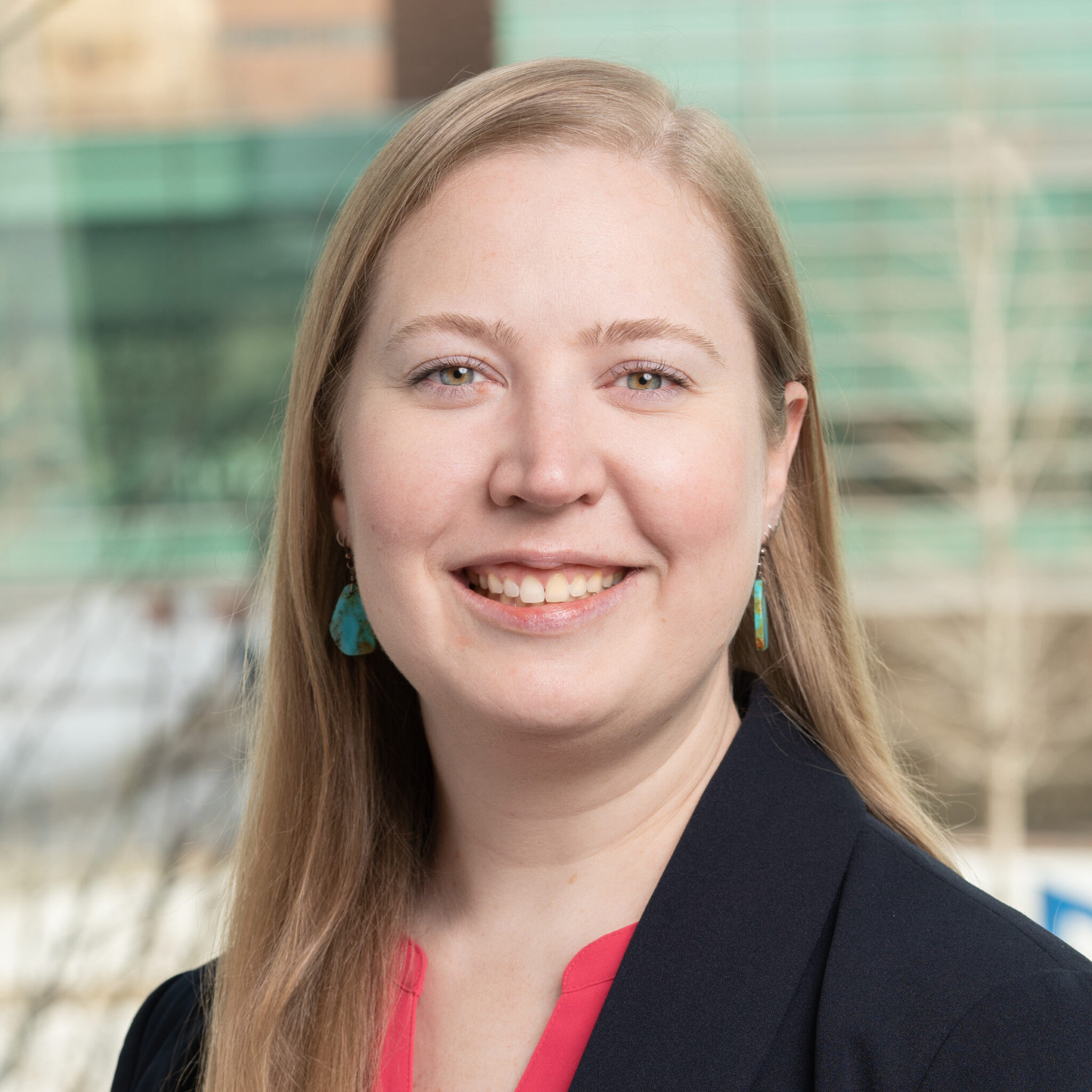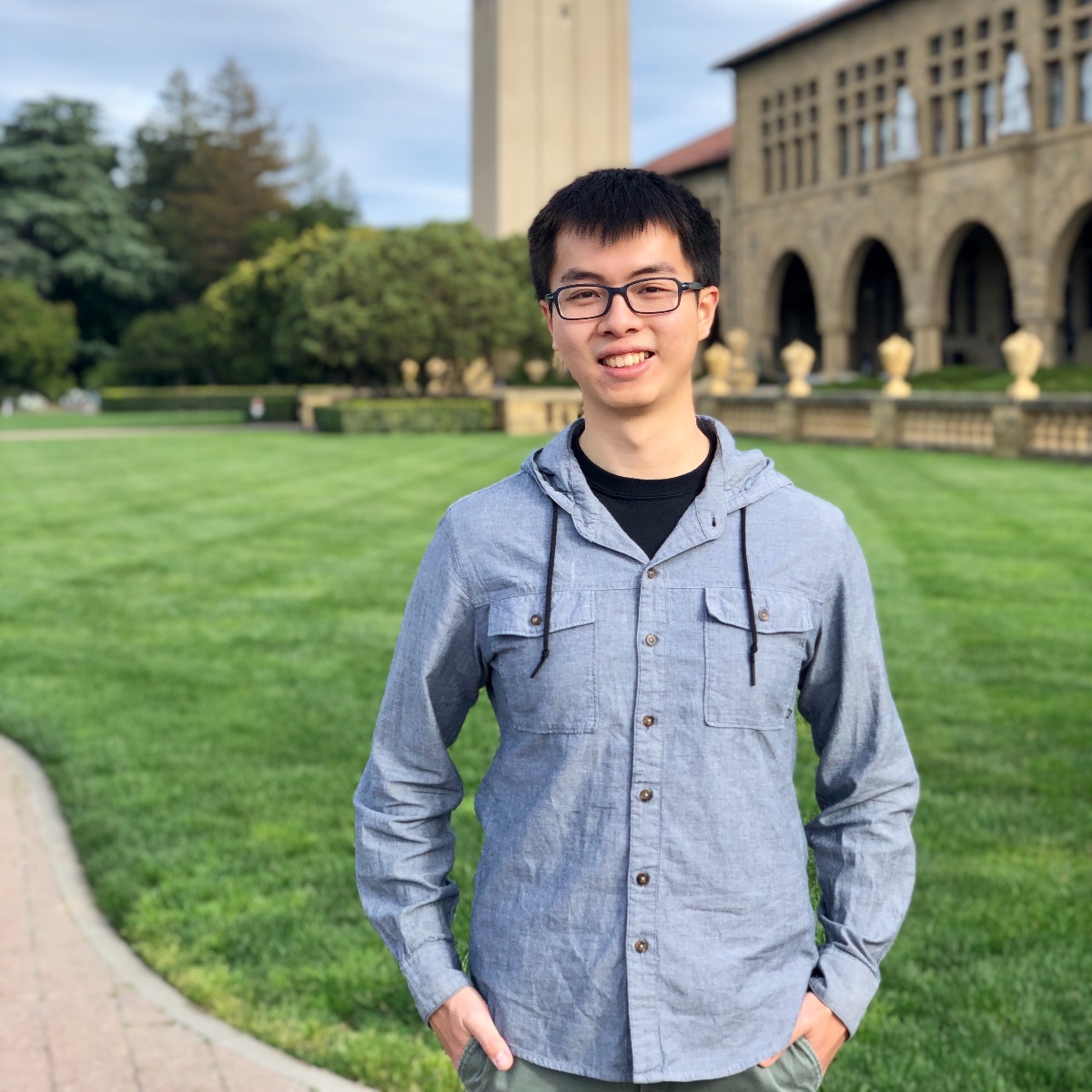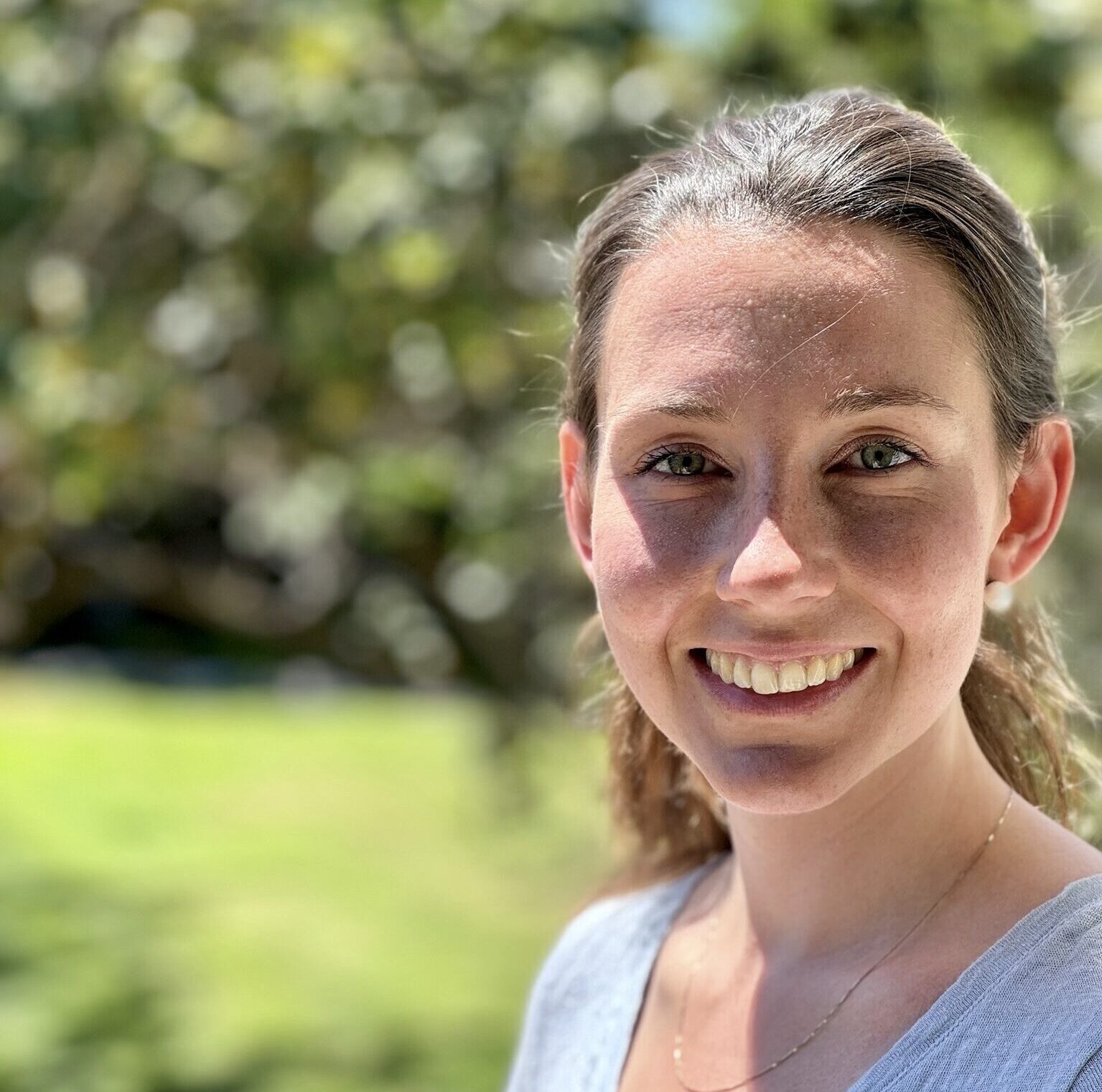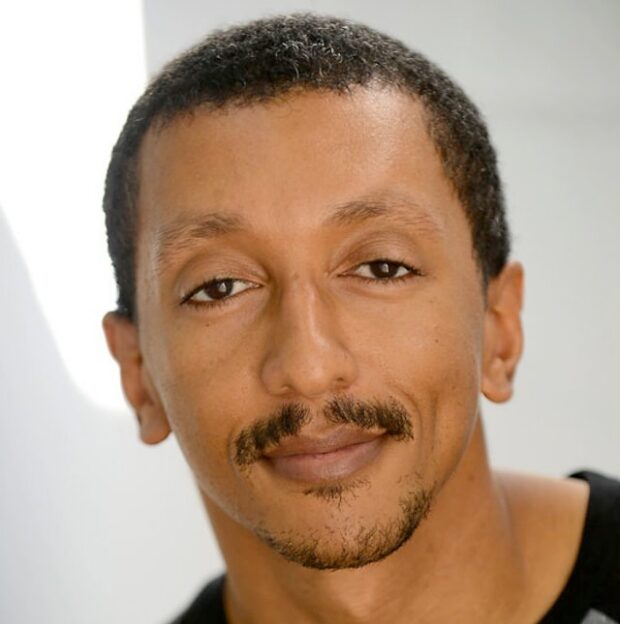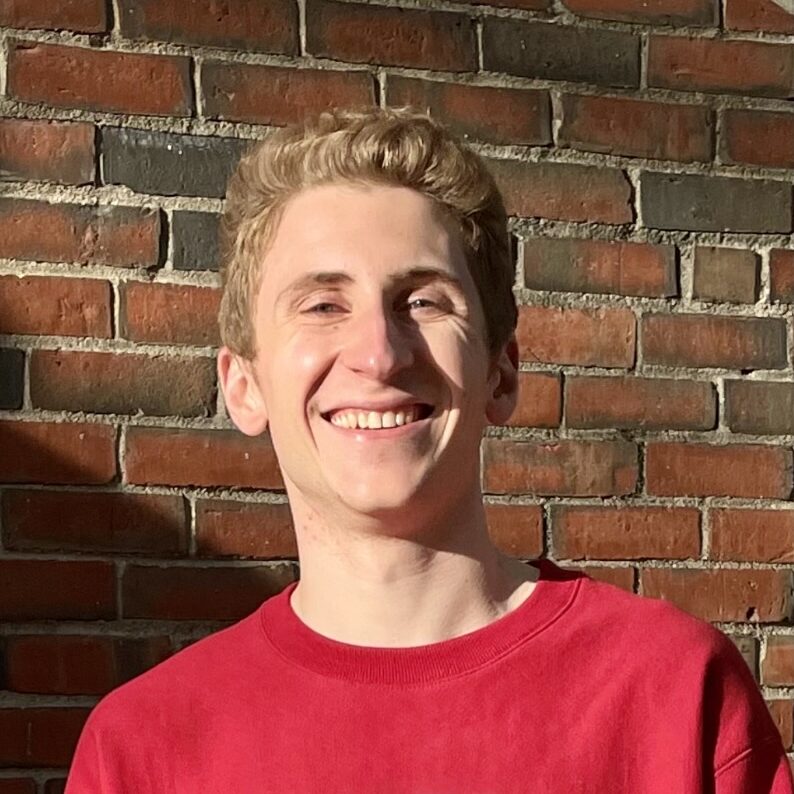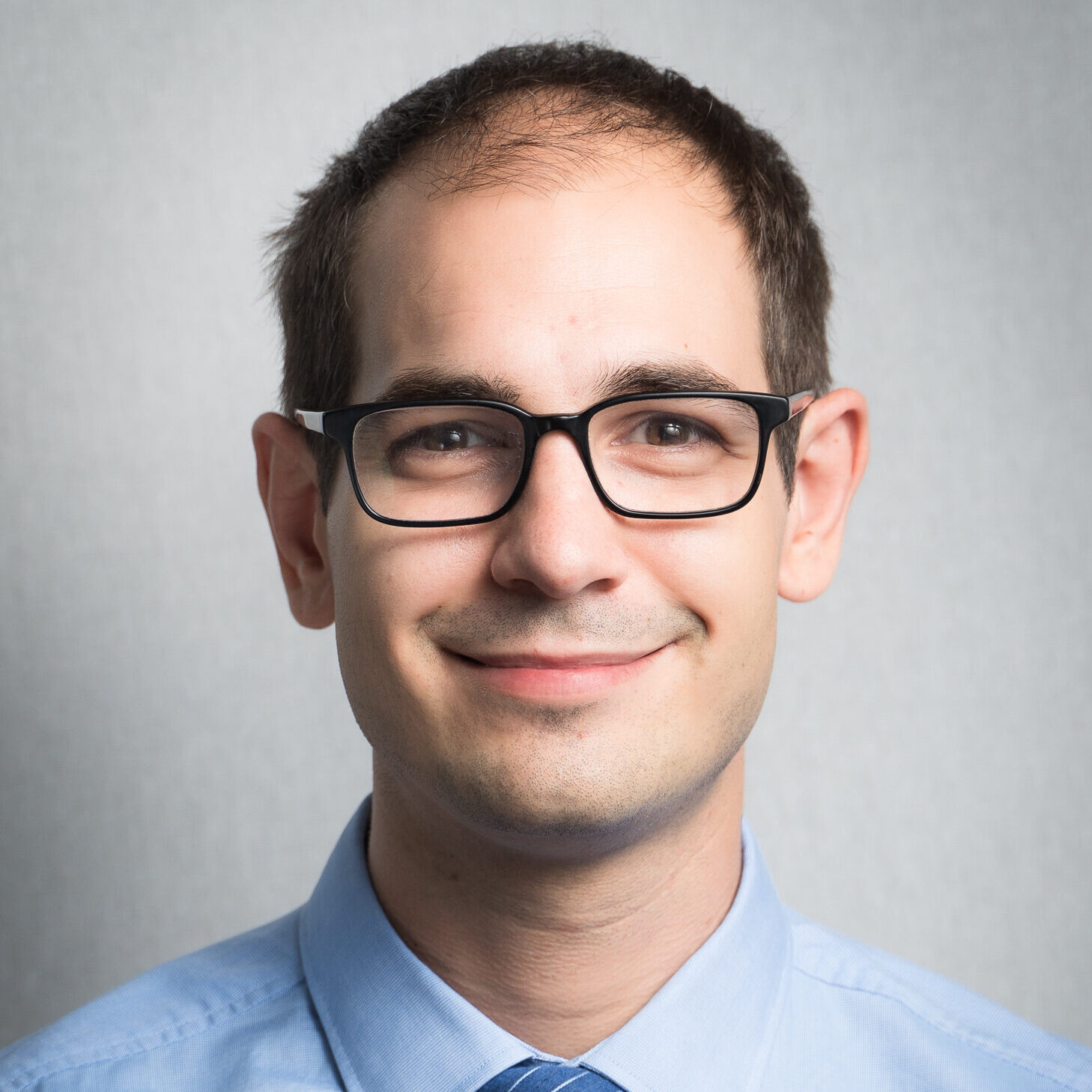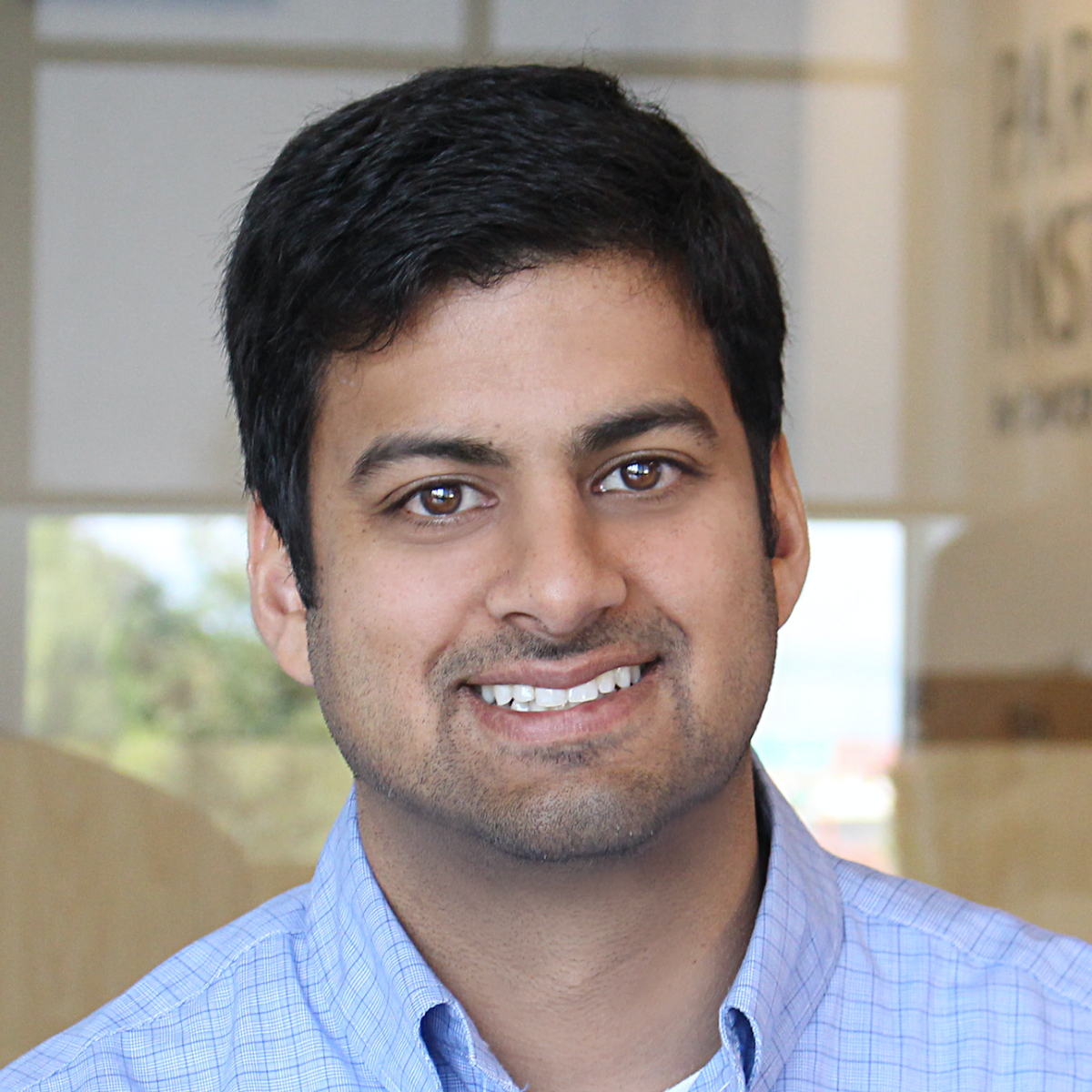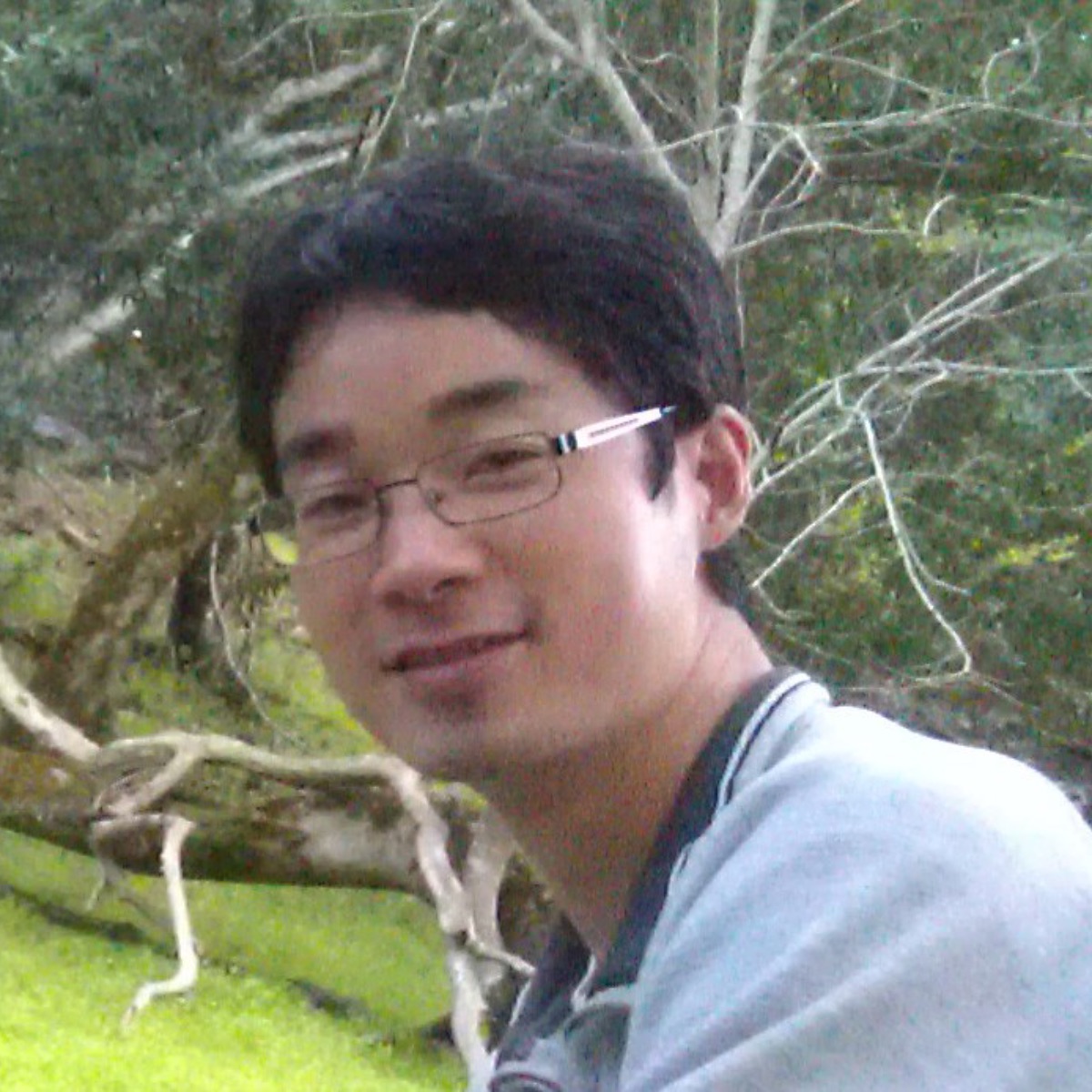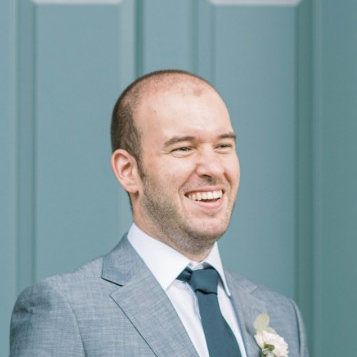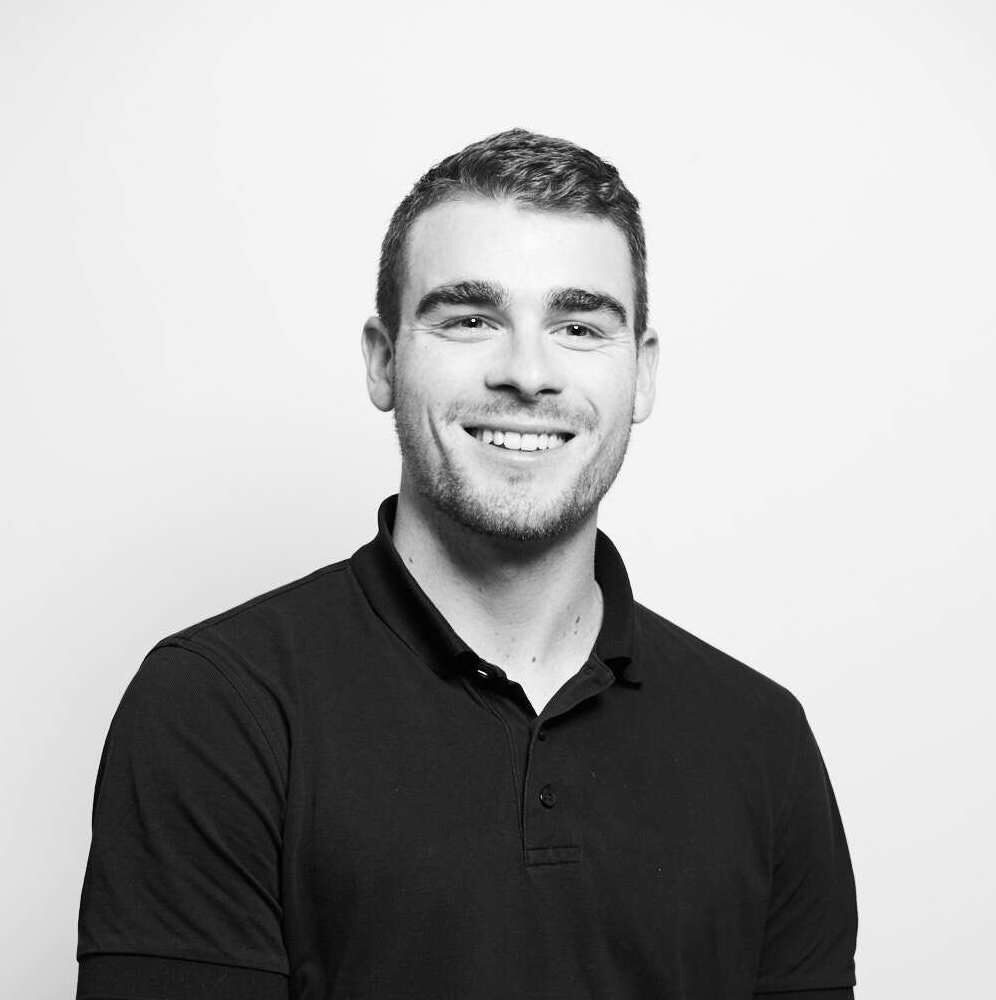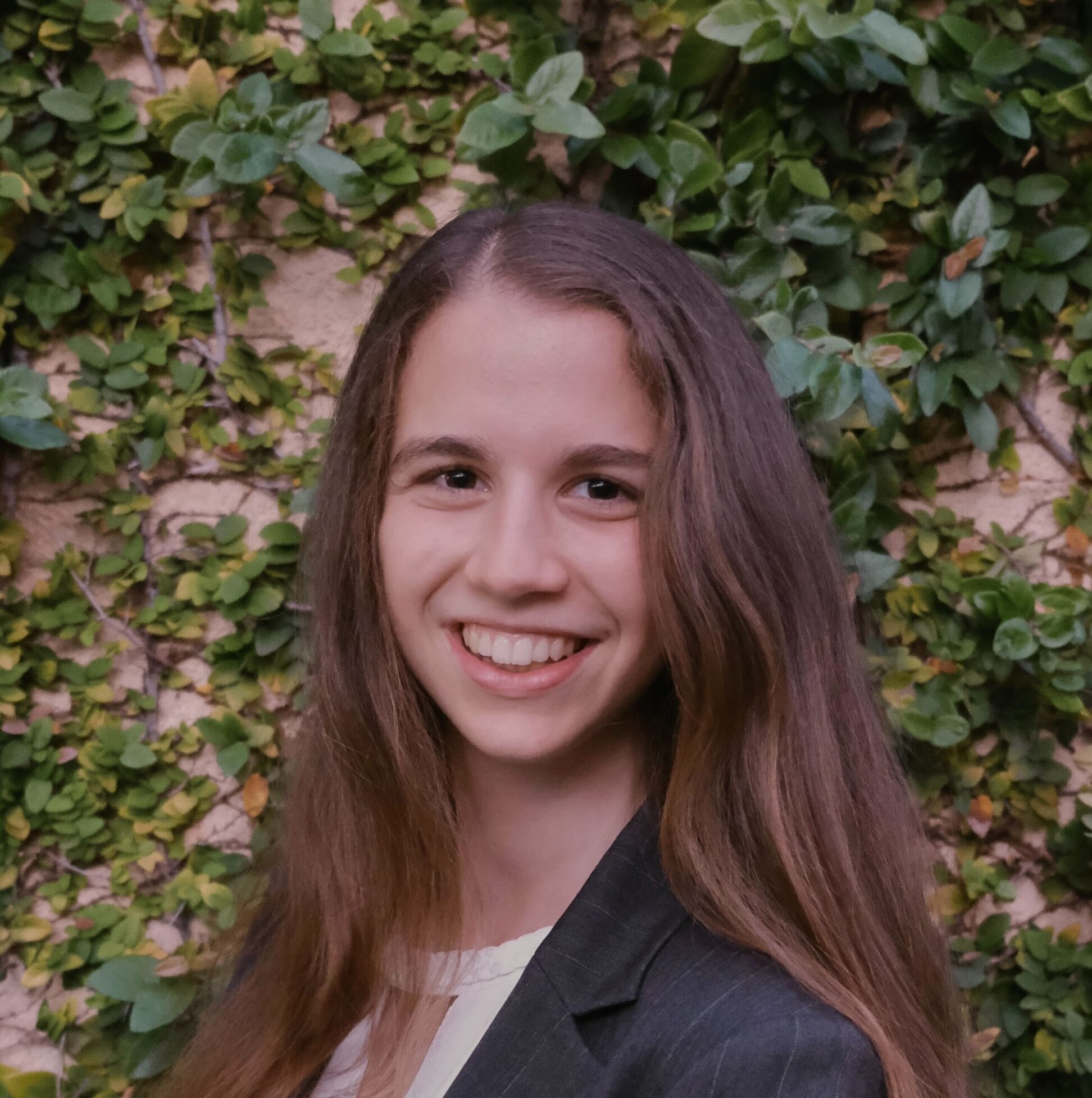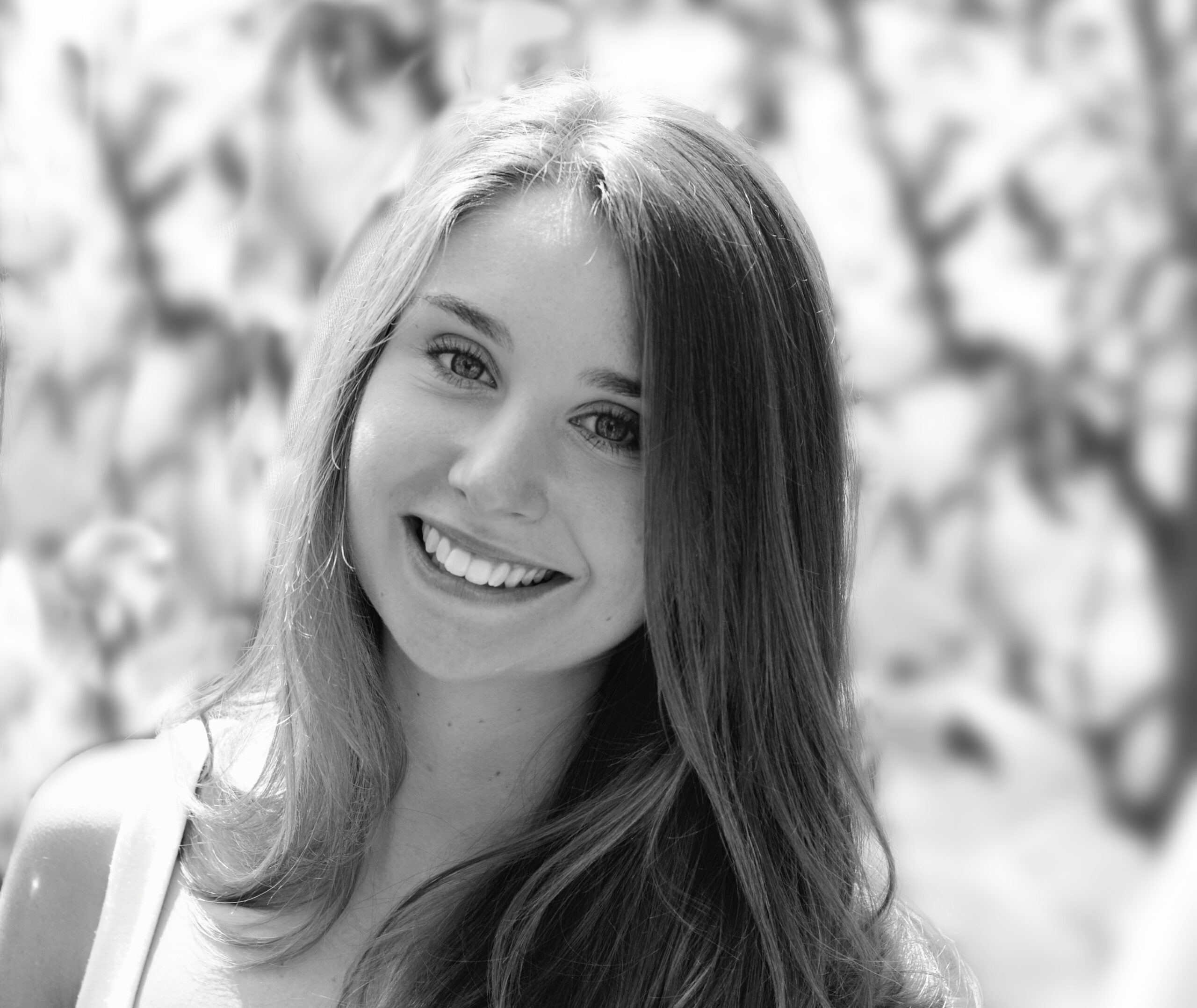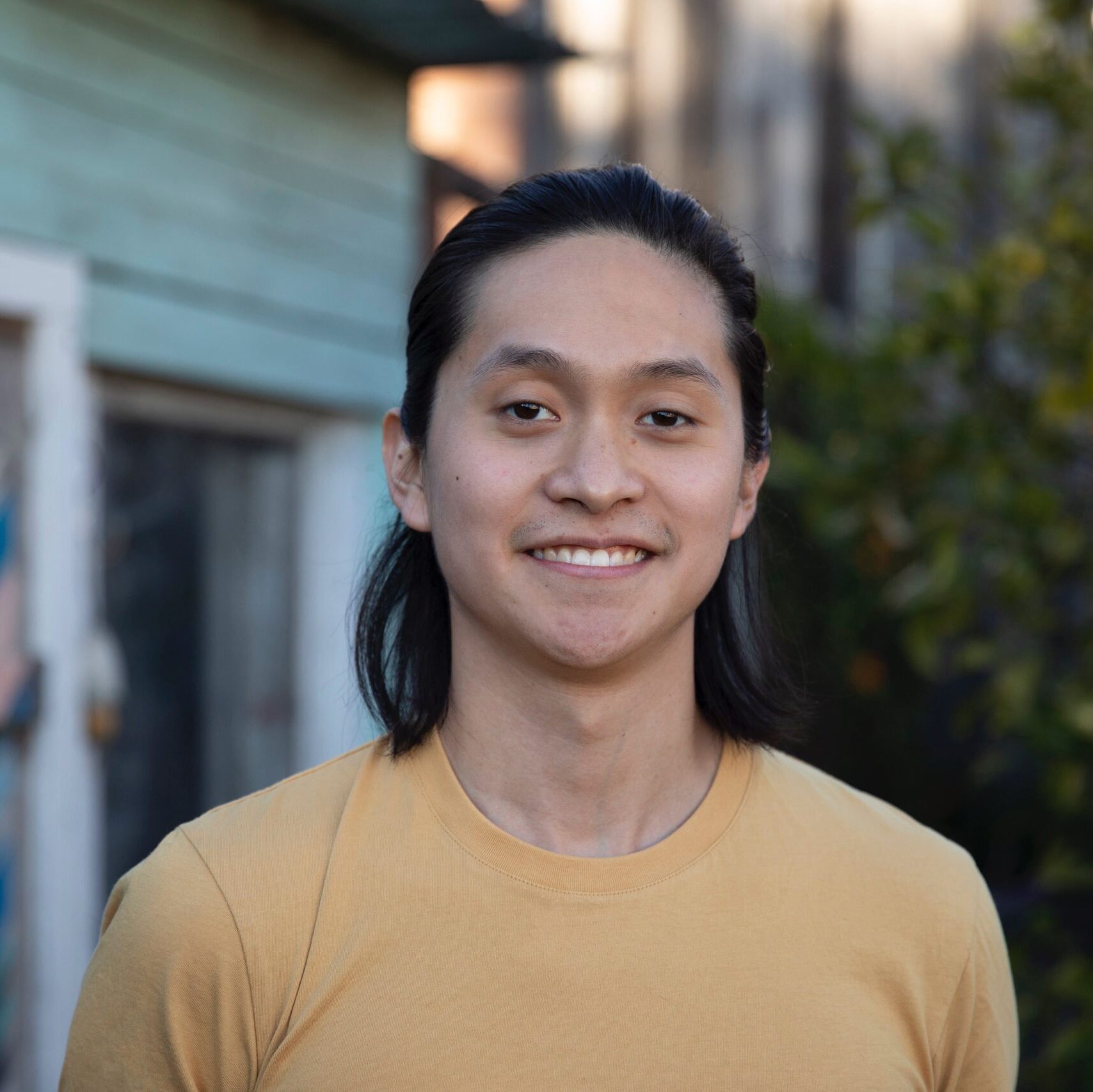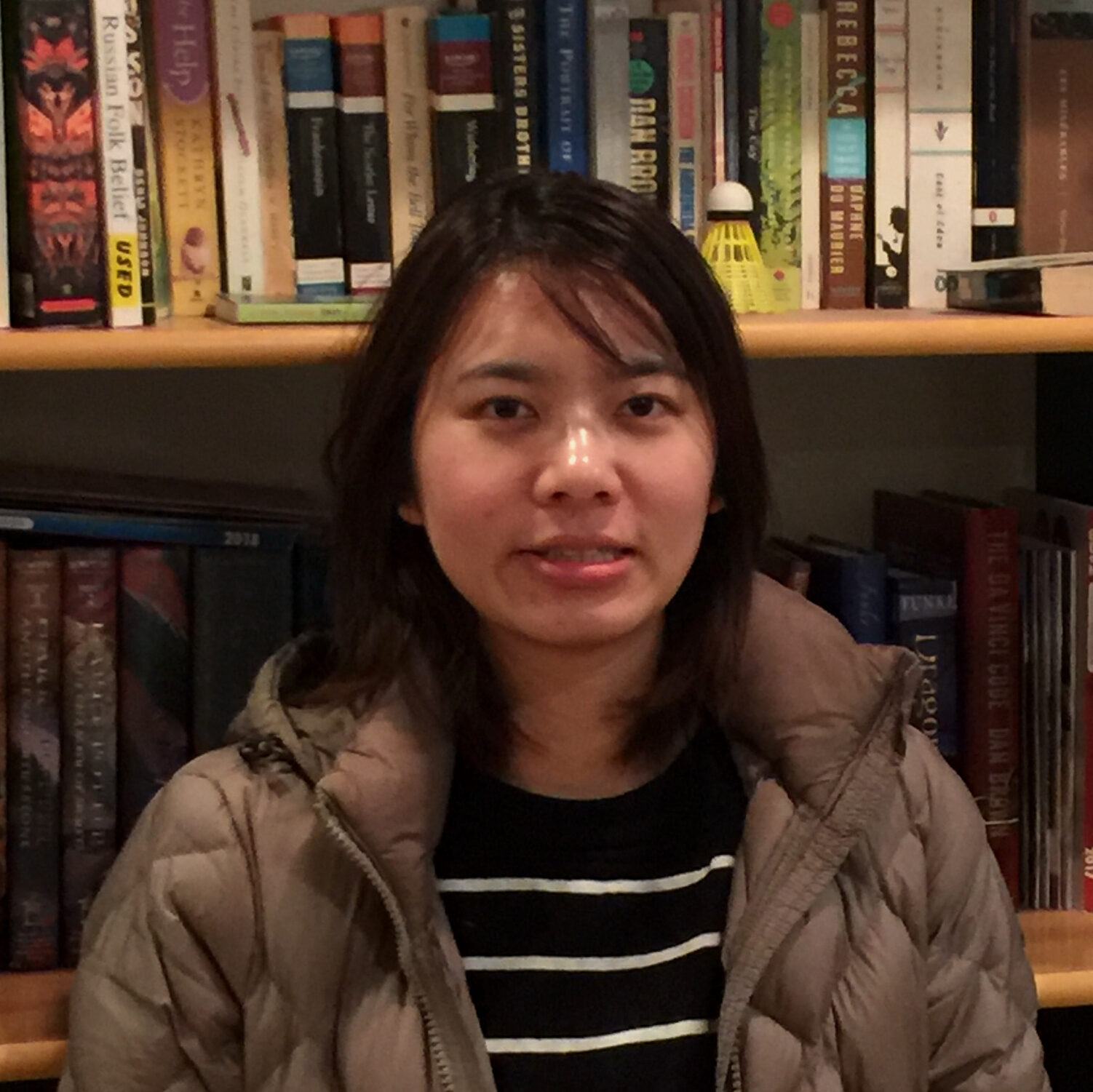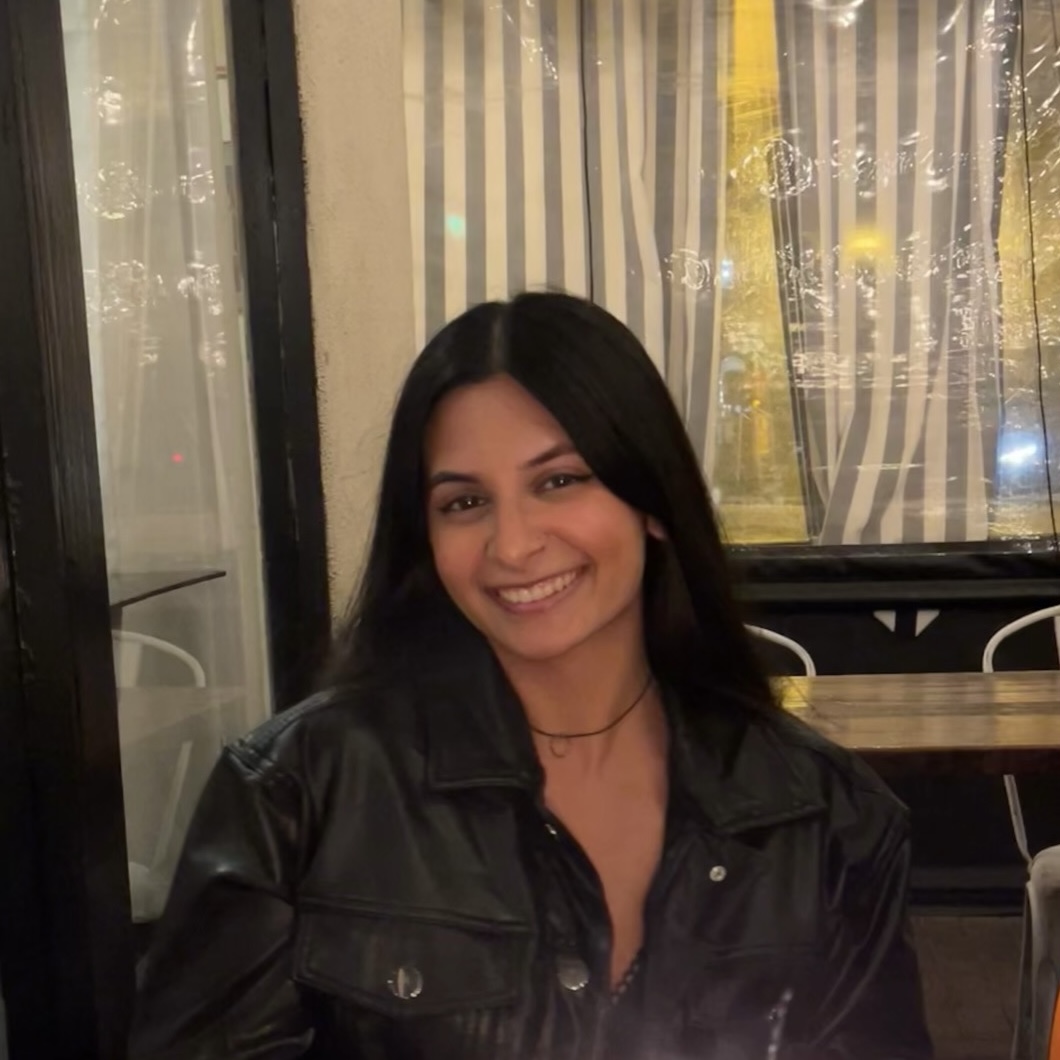Philosophy
Our lab aims to answer fundamental questions in immunology and cancer research using cutting-edge high-throughput genome technologies. Importantly, we believe in team science and collaboration as the cornerstone of scientific discovery! All members of the lab are encouraged to collaborate early and often, both within the lab, and with labs in and out of Stanford.
Team Members
Christie Chang
PhD Student, Immunology
B.A. Computer Science and Genetics, Rutgers University
Christie is a PhD student in the Immunology program at Stanford. She received her bachelor’s in Computer Science and Genetics from Rutgers University in 2017. During this time, she worked in the lab of Dr. Lei Yu, studying the molecular pathway for neuropathic pain therapeutic targets. After graduation, she joined Dr. Miriam Merad’s lab at the Icahn School of Medicine at Mount Sinai, where she optimized multi-dimensional assays for use in immunotherapy clinical trials. Christie is interested in implementing cutting-edge technologies to better understand immunological changes in disease.
Back to front
Andy Chen
PhD Student, Bioengineering
B.S. Physics, National Cheng Kung University, Taiwan; M.D., National Cheng Kung University, Taiwan
Andy is a first year PhD student in the Bioengineering department at Stanford. He received a BS in Physics and an MD from National Cheng Kung University in Taiwan, where he studied nanoparticle-based platforms for the diagnostics and therapeutics. Last quarter, Andy worked on computational modeling of cancer early detection and evolution under Dr. Johannes Reiter at Stanford’s Radiology Dept. Andy is interested in deciphering and engineering immune responses for clinical translation with computational analysis and genome editing tools.
Back to front
Peter Du
PhD Student, Cancer Biology
B.A. Molecular Biology, Princeton
Peter is PhD student in the Cancer Biology program. He received his bachelor’s degree from Princeton in 2017 and worked as a computational biologist at the Broad Institute following graduation. As a jointed advised student in the Satpathy and Bassik labs, Peter is interested in using single cell technologies and functional genomics to dissect cell communication circuits in the tumor microenvironment.
Back to front
Austin Hartman
Graduate Student
B.S. Computer Science, Santa Clara University
Austin is a rotating graduate student in the Genetics program at Stanford. He studied Computer Science as an undergraduate at Santa Clara University. Before graduate school, he worked in software at 10x Genomics and then in Dr. Rahul Satija’s lab developing tools for single cell and spatial genomics. Going forward, he hopes to apply multiomic methods with different kinds of perturbations to build better cell therapies and predictably manipulate cell function.
Back to front
Anabella Hernandez
Undergraduate Summer Research Intern
Electrical Engineering Major, Stanford University
Anabella is an undergraduate summer research intern from the Stanford Class of 2025. She is currently majoring in electrical engineering and is exploring the intersectionality of electrical engineering and oncology. During her high school years, she worked in both a wet-lab and a dry-lab. Anabella interned at the USDA as a physical science technician in 2019 conducting chemical analysis procedures and at the UC Berkeley Zettl Lab in 2020 where she worked with STEM and TEM images of zirconium disulfide nanoribbons. She hopes to apply her EE background to cancer research in the near future and is excited to continue exploring!
Back to front
Kamir Hiam-Galvez
CRI Irvington Postdoctoral Fellow
Ph.D. Biomedical Sciences, University of California San Francisco
Kamir received his PhD in Biomedical Sciences from the University of California San Francisco in 2020. His PhD work in the Spitzer lab fused experimental and computational immunology to decipher the dynamic regulation of CD8 T cell priming in cancer and infection. As a CRI Irvington Postdoctoral Fellow in the Satpathy lab, Kamir aims to develop and apply lineage recording tools combined with multimodal single cell omics to decode the regulatory logic guiding the differentiation of cytotoxic CD4 T cells.
Back to front
Sidney Hwang
Research Associate I
B.S. Chemistry - concentration in Biochemistry, Haverford College
Sidney is a Research Associate I at the Gladstone Institutes. She received her bachelor’s degree in Chemistry with a Biochemistry concentration and Health Studies minor from Haverford College. During her undergraduate education, she completed a senior thesis in biophysics in the lab of Dr. Casey Londergan, using vibrational spectroscopy to study protein conformational dynamics. In the Satpathy lab, Sidney is interested in creating new gene delivery technologies and learning more about cancer immunotherapies.
Back to front
Nicole Johnson
Undergraduate Research Associate
Pursuing B.S. in Bioengineering at Stanford University
Nicole is an undergraduate research assistant pursuing a bioengineering degree at Stanford University. She has previously worked on microarray patches for vaccine delivery in the DeSimone Lab. In the Satpathy Lab, she is exploring pooled T cell screening methods for cancer immunotherapy. Nicole is especially interested in medicine and advancing cell-based therapies for clinical applications.
Back to front
Siva Kasinathan
Clinical Fellow, Pediatric Rheumatology
M.D./Ph.D., Molecular & Cell Biology, University of Washington
Siva is a Fellow in Pediatric Rheumatology. He is a board-certified pediatrician and completed combined MD-PhD training at the University of Washington and Fred Hutchinson Cancer Center in Seattle. His thesis research focused on developing genomic technologies for chromatin profiling and centromere biology. Siva’s current clinical and research interests include the genetics of immune dysregulation. In the Satpathy lab, he aims to develop and apply new methods to better understand clonal dynamics in autoimmune disease.
Back to front
Courtney Kernick
Life Science Research Professional I
B.S. Biopsychology, Cognition and Neuroscience, University of Michigan
Courtney is a Life Science Research Professional I in the Satpathy Lab. She graduated from the University of Michigan with a Bachelor’s of Science in Biopsychology, Cognition and Neuroscience. At U of M, she explored what underlies the stress-vulnerability to negative affect in psychosis spectrum disorders using EEG. In the Satpathy Lab, she is excited to use gene editing and pooled screening in T cells to develop new cancer immunotherapies.
Back to front
Madeline Layeghi
Laboratory Manager
B.A. Integrative Human Biology, UC Berkeley
Madeline graduated from UC Berkeley with her B.A. in Integrative Human Biology. She has been working in laboratories since high school across UCSF, UC Berkeley, and UC Davis campuses. She has always had a profound fascination with genome engineering and has been able to work most recently in Alex Marson’s laboratory at Gladstone Institutes working on large scale CRISPR screens. Prior to the Marson Lab Madeline worked at the Chan Zuckerberg Biohub as a Supervisor.
Back to front
Vincent Liu
PhD Student, Genetics
B.A. Computer Science and Statistics, Columbia University
Vincent is a PhD student in the Genetics program. He received his bachelor’s in Computer Science and Statistics from Columbia University in 2019. Initially working as an undergraduate researcher and later as a full-time research associate in the Dana Pe’er Lab at MSKCC, he applied single-cell genomics and lineage tracing technologies to study mouse embryonic development, tumor drug resistance, and human cancer metastasis. At Stanford, Vincent hopes to develop and apply single-cell multiomic technologies to gain a better understanding of the immune system in both healthy and disease states.
Back to front
Johnathan Lu
Life Science Research Professional I
B.S., Rochester Institute of Technology
My name is Johnathan and I am a recent graduate from the Rochester Institute of Technology. During my time there I investigated if it’s possible to use a commercially available kit to profile the intestinal microbiome and study the intestinal microbiome of patients with Parkinson’s Disease for microbes that affect the Vagus nerve in relation to the brain. The results will inform us of microbiome differences and allow the comparison between normal and diseased populations. Understanding the effects of the microbiome on the brain, would open new doorways within the world of psychiatric medicine and hopefully lead to new treatments.
Pivoting from microbiome work, I am currently exploring gene editing using CRISPR Cas-9 technology and discovering different approaches to editing T-Cells to be more effective in fighting against cancers. I find myself learning new techniques and instruments and overall have an increasing interest in gene therapy work!
Back to front
Saba Majidi
Life Science Research Professional I
B.A. Molecular Cell Biology, UC Berkeley
Saba is a Life Science Research Professional in the Satpathy Lab at the Stanford University School of Medicine. Saba graduated from UC Berkeley with a BA emphasizing in immunology and molecular medicine in 2023. Throughout undergrad, she worked in Dr. James Bayrer’s lab at UCSF researching the function of human LRH-1 in bile acid transport in the gut intestinal epithelium and its correlation to fatty liver disease. In the Satpathy Lab, Saba is interested in how immunology can be applied in cancer therapies through cancer immunotherapy.
Back to front
Ali McClellan
Life Science Research Professional I
B.S. Biological Sciences, Cornell University
Ali is a Life Science Research Professional I supporting immunology research at the Stanford Blood Center.
She graduated from Cornell University with a Bachelor’s of Science in Biological Sciences. At Cornell, she investigated the effects of the GPX-1 enzyme on cellular concentrations of selenium and zinc in liver and pancreas tissue utilizing TEM imaging.
At Stanford, she works as a part of a multidisciplinary group, designing and constructing DNA sequences for cellular engineering experiments, isolating and culturing primary human immune cells, and performing functional analysis of engineered cells via flow cytometry and cancer co-culture assays. She is excited to follow science and see where it takes her!
Back to front
Chris McGinnis
Postdoctoral Fellow
Ph.D. Tetrad Program, UCSF
Chris received his PhD from University of California San Francisco in 2021. As a graduate student in the Gartner lab, Chris developed computational and molecular tools for single-cell transcriptomics and epigenomics, including DoubletFinder, MULTI-seq, and MULTI-ATAC-seq. He additionally used these methods to perform high-throughput immunomodulatory drug screens at single-cell resolution. As a postdoctoral fellow in the Satpathy lab, Chris will apply his background in single-cell genomics, immunology, and computational biology to fundamental questions in the cancer immunology field, including how tumors reprogram the immune system during metastasis.
Back to front
Lauren Meador
Center Administrator
B.S. Development Sociology, Cornell University; M.P.H. Policy and Management, SUNY Downstate
Lauren is a Center Administrator in the Department of Pathology, supporting three Centers funded by NHGRI and NIAID. Lauren previously served as the Assistant Director of the Translational Research Institute on Pain in Later Life at Weill Cornell Medicine, and most recently as the Research Program Manager for the Patient Centered Injury Prevention Lab at University of Colorado School of Medicine.
Back to front
Max Miao
PhD Student, Genetics
B.S. Chemical and Physical Biology, Harvard University
Max is a PhD student in the Satpathy Lab. He is a first-year graduate student in the genetics program. He graduated from Harvard University with a Bachelor’s Degree in Chemical and Physical Biology in 2019. During his undergraduate studies, he worked in Dr. Vijay Kuchroo’s lab and Dr. David Liu’s lab.
Back to front
Laura Moser
Postdoctoral Scholar
MD, PhD (med.) University of Regensburg
Laura earned her doctoral degree from University of Regensburg in the lab of Matthias Edinger & Petra Hoffmann, where she conducted experimental thesis work on engineering regulatory T cells as an adoptive cellular therapy for GvHD. As a pediatric resident at the University Hospital Frankfurt her clinical work in the department of Stem Cell Transplantation & Immunology of Peter Bader focused on adoptive cellular therapies including CAR-T cell therapy. In the lab of Eva Rettinger she has investigated cytokine-induced killer cells as effector cells for CAR engineering in solid tumors. As a post-doc in the Satpathy lab she will continue her research in pediatric immunotherapy, exploring the diversity of immune effector cells and their trajectories to enhance the effectiveness of targeted immunotherapies in solid tumors.
Back to front
Richard Nwakamma
Medical Student, Stanford HBMC Summer Program
B.S. Chemistry Emory University
Richard is a rising 2nd year medical student at the Morehouse School of Medicine in Atlanta GA. He received a BS in Chemistry from Emory University, where he worked as an undergraduate and research specialist studying protein-protein interactions involved in Alzheimer’s disease in hopes of developing new potential therapeutics. He is here for the summer as a visiting medical student doing research with a focus in studying tumor metastasis using both wet-lab and computational techniques. Richard is interested in translating discoveries made in the lab to the clinical side where he hopes to go into academic medicine.
Back to front
Colin Raposo
PhD Student, Immunology
B.S. Biology, Tufts University
Colin is a PhD student in the Immunology Program. He graduated from Tufts University in 2019 with a degree in Biology. While at Tufts, he studied the functional role of tandem repeat regions in proteins. Before starting at Stanford, Colin worked at SQZ Biotech developing a cell therapy to induce antigen-specific tolerance for the treatment of autoimmune diseases. In the Satpathy lab, he is interested in addressing basic hypotheses in T cell biology by combining fundamental immunological systems with high-throughput genomic techniques.
Back to front
Theodore Roth
Resident, Clinical Pathology
M.D./Ph.D., UCSF; M.S. Biomedical Informatics, Stanford University
Theo is a resident in Pathology at Stanford, and outside of his clinical training is conducting research with the Satpathy Lab. Theo was undergrad and co-terminal masters student at Stanford before completing an MD/PhD at UCSF. His work focuses on scalable applications of gene editing and synthetic biology in primary human immune cells to answer basic science, diagnostic, and therapeutic questions in cancer, infectious disease, and autoimmune settings.
Back to front
Ansuman Satpathy
Associate Professor
M.D./Ph.D. Immunology, Washington University in St. Louis
Ansu Satpathy, M.D., Ph.D., is a physician-scientist and Associate Professor of Pathology and Immunology at Stanford University. He is the founding director of the Stanford Center for Immunotherapy Design, co-director of the Parker Institute for Cancer Immunotherapy, and co-leader of the Stanford Cancer Institute Immunotherapy Program. Ansu’s research combines expertise in immunology, high-throughput genomics, and computation to discover principles of the immune system in health and disease and to translate these discoveries into novel clinical therapeutics. Ansu holds a BS in molecular biology and BA in philosophy from the University of Illinois, an MD and PhD in immunology from Washington University in St.Louis, and completed his clinical residency and postdoctoral training in genetics at Stanford University.
Back to front
Quanming Shi
Research Associate
B.S. Chemical Engineering, Tsinghua University; Ph.D. Chemical and Biomolecular Engineering, University of Illinois at Urbana Champaign
Quanming Shi is a joint Research Associate in Satpathy lab and Chang lab. He received Bachelor’s degree in Chemical Engineering from Tsinghua university, and Ph.D in Chemical and Biomolecular Engineering at U of Illinois at Urbana Champaign, where he studied single molecular binding force measurement and cellular mechanotranduction in developmental and cancer context. He worked on single molecule imaging, CRISPR editing and tagging, and coupling with genomics to study protein and DNA binding during Postdoctoral training at UC Berkeley and Stanford. Currently he primarily focuses on single cell multi-omics and CRISPR screening.
Back to front
Bob Stickels
Postdoctoral Scholar
PhD Harvard University
Bob received his PhD from Harvard University where he worked with Evan Macosko and Fei Chen developing spatial transcriptomic technologies enabling organ level reconstruction of gene expression with cellular resolution. Prior to his PhD he worked on protein sequencing technologies at WUSTL, and evolutionary genomics during his undergraduate at University of Connecticut. In the Satpathy lab he will be working on new gene delivery technologies to convert the rich information generated from single cell data to highly specific delivery modalities.
Back to front
Oliver Takacsi-Nagy
PhD Student, Immunology
B.S. Biology, Tufts University
Oliver is a graduate student in the Immunology program. As an undergraduate at Tufts, he studied DNA repair of trinucleotide repeat tracts using Baker’s yeast as a model. Prior to graduate school, he spent several years at ArsenalBio developing cell therapies. Oliver hopes to leverage functional genomics and gene editing tools to further understand and manipulate T cell phenotypes. Outside of lab, you may find him biking in the Bay Area or skiing in Tahoe.
Back to front
Nicole Theberath
Undergraduate Research Assistant
Pursuing B.S. in Chemistry from Stanford Univeristy
Nicole is an undergraduate at Stanford University pursuing a B.S in Chemistry. As a research assistant during the summer and part-time during the year, she optimized the design of clonal barcodes and an iterative re-opening plasmid. Her work in the lab consists of using restriction enzymes to insert new genes and use those templates to genetically modify T cells. She is interested in seeing which modifications, as well as which cell clones, outperform other engineered T cells in pooled screen cancer assays. Along with her passion for chemistry, she hopes to continue improving sequencing technology for small-scale experiments.
Back to front
Vivien Veninga
Postdoctoral Fellow
PhD, The Netherlands Cancer Institute
Vivien pursued her PhD training in the lab of Emile Voest at the Netherlands Cancer Institute in Amsterdam, where she dissected personalized tumor immune cell interactions using patient derived tumor organoids. Next to understanding autologous T cell responses, her PhD work focused on the anti-tumor role of immune cells outside of the adaptive immune system, such as gamma delta T cells and NK cells. As a postdoctoral fellow in the Satpathy lab, Vivien will pursue her fascination with the complex interplay of tumor and immune cells and apply her cancer biology background from her bachelor and master studies in biochemistry to study cellular responses to cancer immunotherapy, specifically identifying immune cell crosstalk relevant for effective tumor recognition and elimination.
Back to front
Fangyi Wang
Life Science Research Professional 1
B.S. Biochemistry, UCLA
Fangyi is a Life Science Research Professional 1 in the lab. Prior to joining the Satpathy Lab, she worked in Dr. Yanfen Liu’s lab at ShanghaiTech University during the summer of 2021 to study ubiquitin-proteasome and autophagy regulation with an emphasis on ubiquitin ligases. In the Satpathy Lab, Fangyi is interested in using cancer immunotherapy and how immunology can be applied in cancer therapy.
Back to front
Pat Yan
PhD Student, Immunology
B.S. Chemistry, Pennsylvania State University
Pat is a graduate student in the Stanford Immunology program. He graduated from Penn State with a bachelor’s in Chemistry in 2016. After graduation, he studied the mechanisms of immune checkpoint blockade therapy in melanoma patients in the lab of Dr. John Wherry. He then worked on transcriptional control of CAR T cells at ArsenalBio. Pat currently focuses on understanding the molecular and signaling events that regulate T cell memory fate decisions. Outside of the lab he enjoys searching the California coast for rocks to climb.
Back to front
Winnie Yao
Life Science Research Professional 1
B.A. Molecular and Cellular Biology, UC Berkeley
Winnie is a Life science research professional 1 (LSRP1) in Satpathy lab in the Department of Pathology. She obtained her Bachelor Degree from UC Berkeley in 2016. Before joining the Satpathy lab, she worked as a LSRP1 in Mark M. Davis lab in the Department of Microbiology and Immunology.
Back to front
Emma (Yajie) Yin
Life Science Research Professional 3
M.S. Biomedical and Translational Science, UC Irvine; M.S. Oncology, University of Jinan, China; Bachelor of Clinical Medicine, Weifang Medical University, China
Yajie is a Life science research professional 1 (LSRP1) in Satpathy lab in the Department of Pathology. Yajie obtained her Bachelor Degree of Clinical Medicine, evaluated as MD, from Weifang Medical University China in 2013, and received the Master degree in Oncology in 2017. From 2015 to 2019, she worked on Gynecology Oncology in Dr. Bae-Jump lab as a Visiting Scholar & Research Assistant at the University of North Carolina at Chapel Hill. She continued to explore her study on clinical research and received the Master Degree in Biomedical and Translational Science from University of California, Irvine, in 2020. Before joining Satpathy lab, she worked as a Clinical Research Coordinator Assistant in UC Irvine Medical Center.
Back to front
Getiara Zaidi
Administrative Assistant
B.S. Pharmacological Chemistry, UC San Diego
Getiara graduated from UC San Diego with her B.S. in Pharmacological Chemistry. As an undergrad, she worked as a tutor, and after graduating, she worked at a private clinic in downtown La Jolla. She also spent her time volunteering at her father’s research organization, IntelliScience Training Institute, as Coordinating Liaison. Now, she serves as an Administrative Assistant to Dr. Satpathy and Dr. Karin Pelka and is excited to contribute to both teams!
Back to front
Wenxi Zhang
Life Science Research Professional 1
B.S. Molecular, Cell and Developmental Biology; B.S./M.S. departmental scholar in Bioinformatics, UCLA
Wenxi is a Life Science Research Professional 1 in the Satpathy Lab. During her undergraduate studies, she worked in Dr. Matteo Pellegrini’s Lab on developing Epigenetic Pacemaker Model. She has also worked for Dr. Cizhong Jiang on the impact of histone chaperon FACT on chromatin remodeling in neuroblastoma.
Back to front
Royce Zhou
Internal Medicine Resident
MD, PhD in Cancer Biology, Icahn School of Medicine at Mount Sinai, BA, Biochemistry, Columbia University
Royce is an Internal Medicine Resident in the Molecular Medicine Program at UCSF, where he is fast-tracked into Gastroenterology Fellowship. He completed his MD PhD at the Icahn School of Medicine at Mount Sinai where he studied microenvironment controlled super-enhancers in colorectal carcinoma. He is broadly interested in the epigenomics and transcriptional regulation of complex cancer and immune phenotypes, cancer metabolism, and gastrointestinal epithelial cancers. Previously, he graduated from Columbia University where he worked on the epigenetics of cocaine addiction with Nobel Laureate Dr. Eric Kandel.
Back to front
